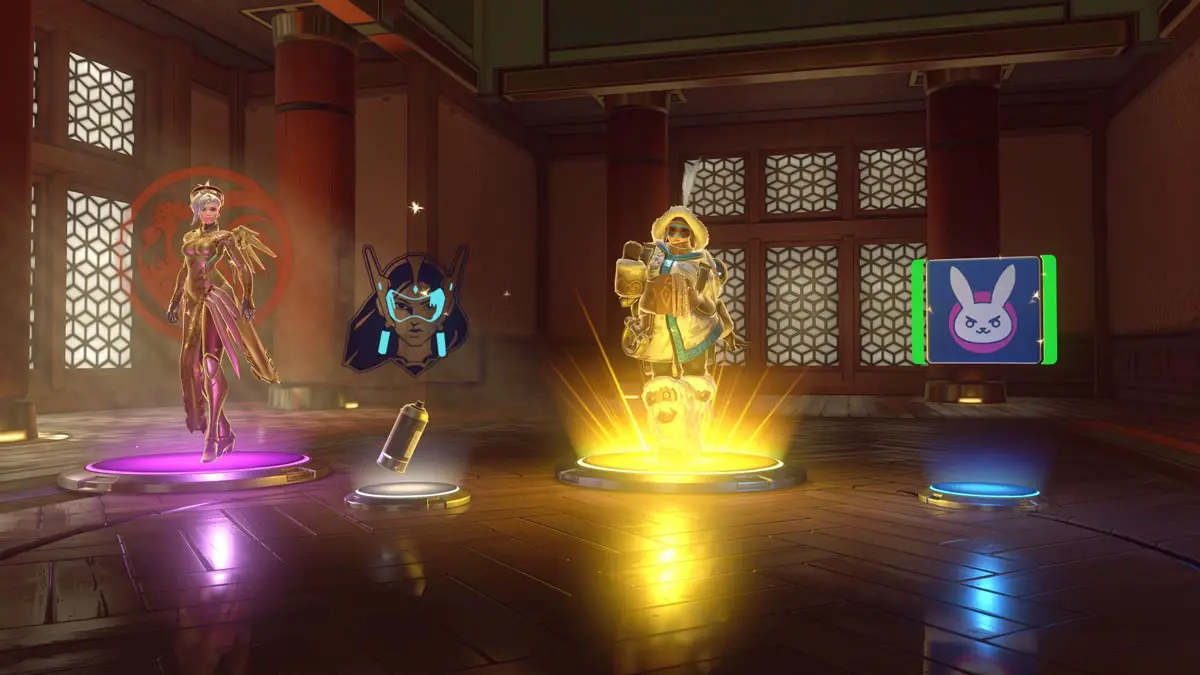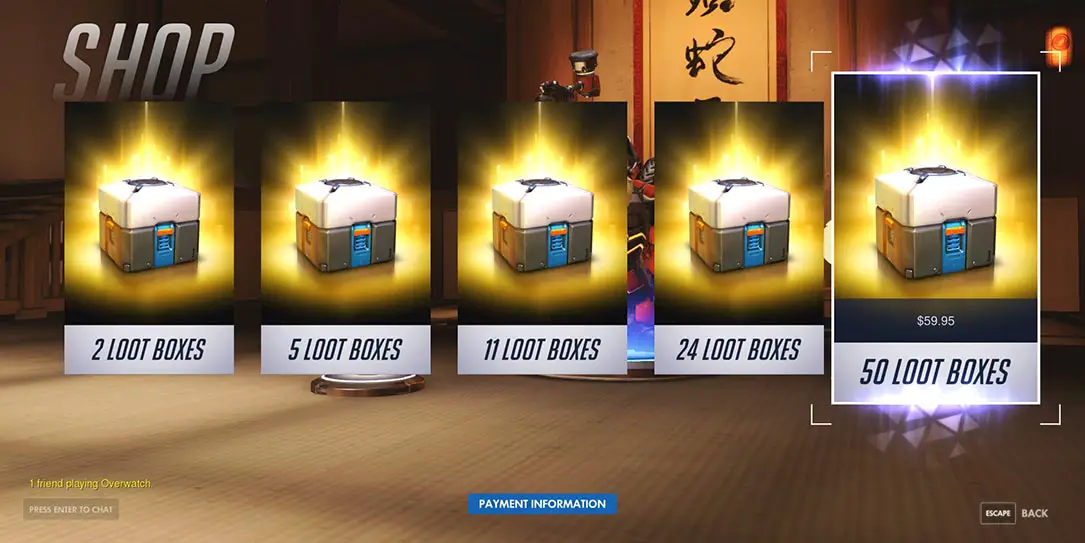As we’ve previously discussed here at Techaeris, as other sites around the web have, loot boxes or loot crates in games are a contentious issue that were brought to the forefront with the release of Star Wars Battlefront II. If you’re a gamer, you’ve probably encountered loot boxes at one time or another. While most are purchased using in-game currency, some can be purchased with real-world money or money can be used to buy in-game currency to then purchase loot crates. While many games offer cosmetic loot crates, some can provide an advantage to gameplay. The issue with all loot crates though is that there is no guarantee of what the contents may be and some jurisdictions are likening the process to gambling.
As a result of how EA was implementing loot boxes in that game, a number of jurisdictions, including Belgium, launched investigations into whether or not loot crates in video games violate local gambling legislation.
At the request of Minister of Justice Koen Geens, the Gaming Commission conducted a thorough investigation into ‘loot boxes’ in video games. Players can buy a ‘loot box’ against payment – which can give them an advantage in the game – without knowing their content in advance. The Gaming Commission now judges that this is at least three video games in violation of the gambling legislation. ‘An interview with the sector is imminent. It is often children who come into contact with such systems and we can not allow that, ‘says Minister of Justice Geens.
The Belgian Minister of Justice, Koen Greens, released the findings of the Belgian Gaming Commission. Fortunately for EA, the changes they made to the way loot boxes were obtained as well as their contents, the commission found the game was no longer in violation of Belgian gambling legislation. Unfortunately, three other games also under investigation — Blizzard’s Overwatch, EA’s FIFA 18, and Valve’s Counter-Strike: Global Offensive (or CS:GO) remain in violation of the country’s gambling laws.
“Paying loot boxes are not an innocent part of video games that present themselves as games of skill,” stated Peter Naessens, director of the Gaming Commission. “Players are tempted and misled, and none of the protective measures for gambling is applied. Now that it is clear that children and vulnerable people in particular are exposed to them unprotected, game manufacturers but also parties such as FIFA, for example, are called upon to call a halt to this practice. “
As you can see in the statement above, the issue the commission has with loot boxes are those that are obtained by spending real money without any guarantees as to what is contained within that box — cosmetic or otherwise. The Gaming Commission also mentioned that the PEGI video game rating system doesn’t take into account whether or not the game has a chance of “winning or losing of real money” through the purchase of loot boxes.
“Mixing games and gaming, especially at a young age, is dangerous for mental health,” said the Belgian Minister of Justice, Koen Greens. “We have already taken numerous measures to protect both minors and adults against the influence of, among other things, gambling advertising. That is why we must also ensure that children and adults are not confronted with games of chance when they are looking for fun in a video game. “

Some of the criteria the Gaming Commission took into account in their findings included:
- Emotional profit forecast: uncertainty loot box is linked to profit forecast;
- A player may think that the purchase of a loot box gives an advantage, which is not always the case
- Confusion of fiction and reality: well-known real people promote the most expensive loot boxes;
- Use your own coin system: for a real amount, players can buy in-game coins;
- Apparently infinite methods to deposit money on player accounts;
- Hide from the random generator or at least its opacity.
While the developers can be fined up to €800,000 or face up to five years in jail — doubled when minors, as is the case here, are involved — the Minister of Justice wants to open up talks with game developers and the Gaming Commission to discuss possible solutions.
What do you think of the Belgian Gaming Commission’s findings? Do you think other jurisdictions will follow suit and offer similar findings? Let us know in the comments below or on Google+, Twitter, or Facebook.
[button link=”https://www.koengeens.be/news/2018/04/25/loot-boxen-in-drie-videogames-in-strijd-met-kansspelwetgeving” icon=”fa-external-link” side=”left” target=”blank” color=”285b5e” textcolor=”ffffff”]Source: Belgian Minister of Justice[/button]









